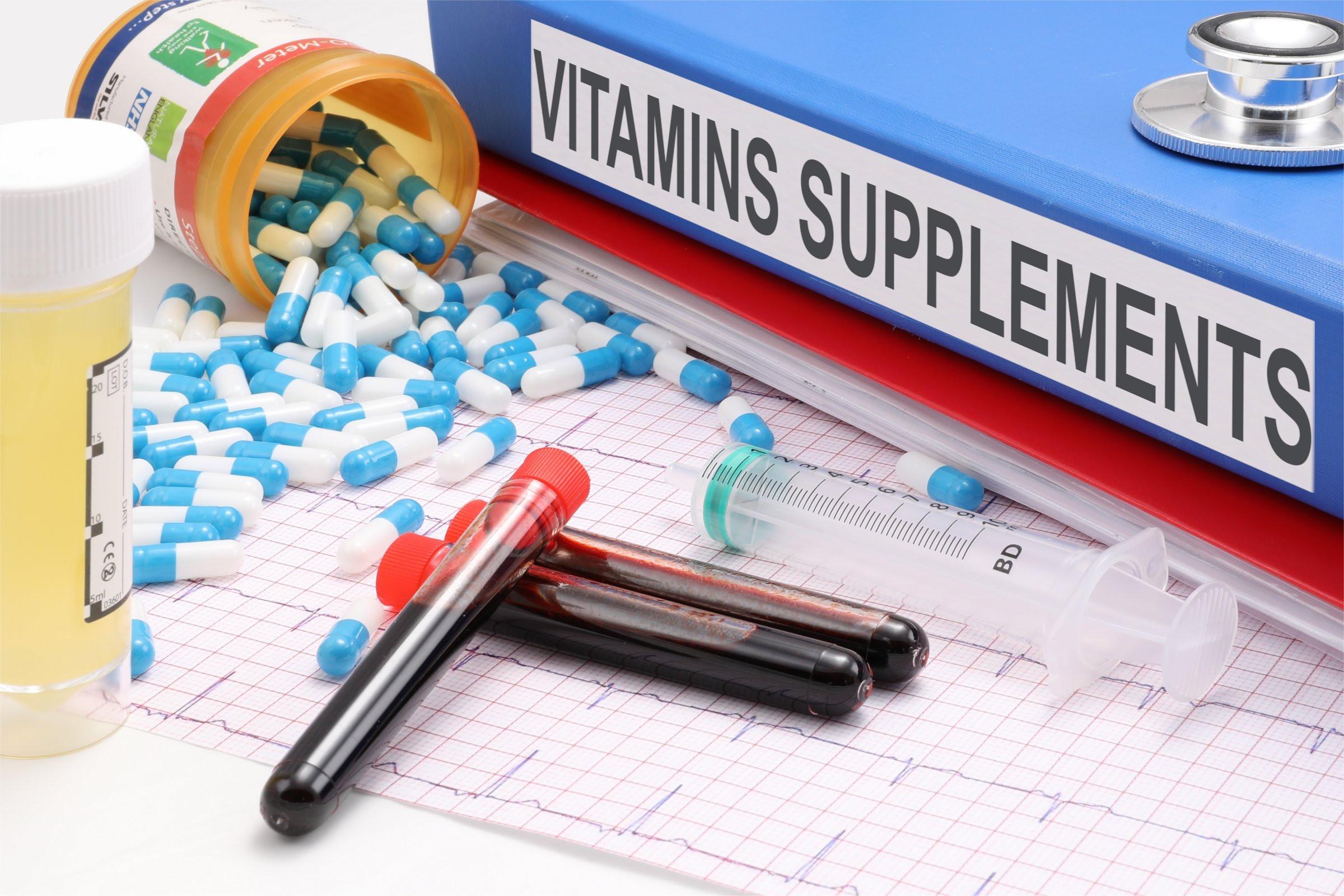In the realm of sports, where the line between triumph and defeat can hinge on mere fractions of a second or a single point, athletes persistently seek every possible advantage to push their bodies beyond their limits. Among the myriad of tools at their disposal, one critical factor stands out: nutrition, the silent and often overlooked partner in the quest for athletic greatness. Behind the scenes, a symphony of nutrients, macronutrients, and micronutrients play in harmony, weaving together the delicate tapestry of an athlete’s recovery. As we dive deep into the mysterious world of nutritional alchemy, we unravel the secrets that enhance athletic recovery, allowing the body to rise, rejuvenated and stronger than ever, from the ashes of exertion. Join us on this journey through the enchanted land of nutrition, where science meets sustenance, and the art of refueling becomes a catalyst for transcending human potential.
The Essential Role of Proper Nutrition in Athletes’ Recovery
Achieving peak performance requires more than just physical training for athletes, it necessitates a comprehensive approach that includes proper nutrition. Nutrition plays a pivotal role in enhancing recovery for athletes, allowing them to bounce back stronger and faster after intense training sessions or competitions. By providing the body with the essential nutrients it needs, athletes can optimize their recovery process, minimize the risk of injury, and maximize their overall performance.
One of the key components of proper nutrition is adequate protein intake. Protein serves as the building block for muscle repair and growth, helping athletes recover from the damage caused by intense exercise. Incorporating quality protein sources such as lean meats, fish, eggs, and dairy products into their diet can help athletes meet their protein requirements. Additionally, carbohydrates play a vital role in replenishing glycogen stores, which are essential for maintaining energy levels during prolonged exercise. Including complex carbohydrates like whole grains, fruits, and vegetables in their meals and snacks can provide athletes with a sustained source of energy and aid in the recovery process.

Optimal Macronutrient Ratios for Effective Muscle Repair and Growth
The Role of Nutrition in Enhancing Recovery for Athletes
Proper nutrition plays a vital role in enabling athletes to achieve optimal muscle repair and growth. When it comes to enhancing recovery, understanding the macronutrient ratios that support the body’s needs is essential. By strategically incorporating the right balance of carbohydrates, proteins, and fats, athletes can maximize their performance and accelerate post-workout recovery.
Carbohydrates are the primary fuel source for athletes as they provide the energy needed to sustain intense training sessions. Including complex carbohydrates such as whole grains, vegetables, and fruits in an athlete’s diet ensures a steady release of energy. Proteins, on the other hand, are crucial for muscle repair and growth. Including lean sources like chicken, fish, and tofu in meals and snacks throughout the day helps provide the necessary amino acids. Finally, healthy fats such as avocados, nuts, and olive oil are important for hormone production and reducing inflammation.
| Nutrient | Recommended | Food Sources |
|---|---|---|
| Carbohydrates | 45-65% of total calories |
|
| Proteins | 20-35% of total calories |
|
| Fats | 20-35% of total calories |
|
By adhering to these optimal macronutrient ratios, athletes can optimize their recovery process and support muscle repair and growth. It is essential to consult with a registered dietitian or sports nutritionist to create personalized meal plans that meet specific athletic goals and individual requirements. Additionally, staying properly hydrated is crucial for muscle recovery, so athletes should remember to consume adequate fluids throughout the day. Consistency in following a balanced and nutritious diet will contribute significantly to athletes’ overall performance, enabling them to reach their full potential.

Incorporating Nutrient Timing to Maximize Recovery Benefits
When it comes to enhancing recovery for athletes, nutrition plays a crucial role. It’s not just about what you eat, but also when you eat. Nutrient timing is a strategy that focuses on consuming specific nutrients at specific times to maximize their benefits. By strategically timing your nutrient intake, you can optimize your body’s ability to recover and perform at its best.
1. Pre-Workout Nutrition
Before hitting the gym or stepping onto the field, it’s essential to fuel your body properly. Here are some key tips to consider for pre-workout nutrition:
- Carbohydrates: Consuming high-quality carbs before exercise provides your body with the energy it needs to perform at its peak. Opt for complex carbs like whole grains, fruits, and vegetables.
- Protein: Including a source of lean protein in your pre-workout meal or snack can help enhance muscle recovery and prevent muscle breakdown. Consider options like Greek yogurt, eggs, or protein shakes.
- Hydration: Water is crucial for maintaining optimal performance and preventing dehydration. Ensure you’re adequately hydrated before starting your workout by drinking enough fluids throughout the day.
2. Post-Workout Nutrition
After an intense workout, your body needs nutrients to repair muscles, replenish glycogen stores, and kickstart the recovery process. Here’s what to focus on for post-workout nutrition:
- Protein: Consuming a source of high-quality protein within an hour after your workout helps stimulate muscle protein synthesis. Opt for options like grilled chicken, salmon, or plant-based protein sources.
- Carbohydrates: Replenishing glycogen stores is crucial for optimal recovery. Include simple carbs like fruit, along with complex carbs like sweet potatoes or quinoa, to restore energy levels.
- Fluids and Electrolytes: Rehydrating your body after exercise is vital to replace the fluids and electrolytes lost through sweating. Drink water or choose electrolyte-rich beverages like coconut water to replenish.
| Nutrient | Pre-Workout | Post-Workout |
|---|---|---|
| Carbohydrates | Whole grains, fruits, vegetables | Fruit, sweet potatoes, quinoa |
| Protein | Greek yogurt, eggs, protein shakes | Grilled chicken, salmon, plant-based sources |
| Hydration | Drink fluids throughout the day | Water, electrolyte-rich beverages |
Incorporating proper nutrient timing can significantly enhance your recovery and ultimately improve athletic performance. By fueling your body with the right nutrients before and after exercise, you’ll optimize muscle repair and glycogen replenishment, ensuring you’re ready to tackle your next workout with full force.

Supplements to Support Athletes’ Recovery Journey
The Role of Nutrition in Enhancing Recovery for Athletes
When it comes to optimizing athletic performance, proper nutrition plays a crucial role, especially when it comes to recovery. Athletes push their bodies to the limit during intense training sessions and competitions, causing muscle tissue to break down and energy stores to be depleted. In order to promote effective recovery, athletes need to consume the right supplements that provide the necessary nutrients to restore and repair their bodies.
One key supplement that supports the recovery journey of athletes is protein. Protein is essential for muscle repair and growth. It helps repair damaged muscle tissues and aids in the synthesis of new muscle fibers. Incorporating a high-quality protein powder into an athlete’s diet can provide the necessary amino acids to promote faster recovery and enhance muscle repair. Additionally, protein can help reduce muscle soreness and inflammation, allowing athletes to bounce back quicker from intense workouts or competitions.
- BCAAs: Branched-Chain Amino Acids (BCAAs) are another essential supplement for athletes looking to enhance their recovery. BCAAs, including leucine, isoleucine, and valine, are key building blocks for muscle repair and growth. These amino acids can help reduce muscle damage and soreness, while also increasing muscle protein synthesis. Adding BCAAs to a post-workout or recovery drink can provide the body with the fuel it needs to repair and rebuild muscle tissue.
- Omega-3 fatty acids: Including omega-3 fatty acids in an athlete’s diet can have significant benefits for their recovery process. Omega-3s possess anti-inflammatory properties, which can aid in reducing exercise-induced inflammation and promote faster recovery. Athletes can obtain omega-3s through fish oil supplements or by consuming fatty fish such as salmon and sardines.
To elevate an athlete’s recovery journey, proper nutrition is essential. Including supplements like protein powders, BCAAs, and omega-3 fatty acids can provide athletes with the necessary nutrients to enhance muscle repair, reduce inflammation, and promote overall recovery. Remember, every athlete is unique and may have different nutritional needs, so consulting with a sports nutritionist or dietitian can help tailor a recovery plan specific to individual needs.
Wrapping Up
As we lace up our boots and bid farewell to this exploration of the vital role of nutrition in enhancing recovery for athletes, we find ourselves enlightened, inspired, and ready to seize the world of sports with newfound zeal. Through glimpses into the minds of exceptional athletes who have unlocked the power of nutrition, we have grasped the undeniable truth that feeding the body with purpose can take performance to unparalleled heights.
From the vibrant colors of nature’s bounty to the precision of a well-crafted dietary regime, nutrition not only nourishes but also fuels the indomitable spirit that resides within elite athletes. It is the silent teammate, lurking backstage, whispering secrets of strength, endurance, and resilience to those willing to listen. As the body endures arduous challenges and tests the boundaries of human capability, nutrition emerges as the steadfast ally, rescuing and rejuvenating in equal measure.
Yet, beyond its tangible impact on athletic performance, nutrition holds the potential to fundamentally transform one’s relationship with their body. The synergy between nourishment and recovery not only mends muscles but mends the mind, awakening a profound awareness of self-care and self-respect. This veritable dance between nutrition and recovery serves as a potent reminder that the road to success is paved with equal measures of discipline, determination, and compassion for oneself.
As we take our final bow, we must acknowledge the endless journey that lies ahead for athletes who recognize the transformative power of nutrition. It is a path laden with temptations and pitfalls, as the siren call of shortcuts and instant gratification beckons from every corner. However, armed with the knowledge and profound understanding we have gleaned, athletes can tread this path with clarity and purpose, guided by the radiant beacon of optimal recovery.
In the great arena of sports, where glory and defeat intertwine like twins, the role of nutrition in enhancing recovery stands tall as a monument to human potential. It is a testament to the dedication and unwavering devotion of athletes who strive for greatness. So, fellow voyagers on this ethereal plane, let nutrition be our steadfast companion, our secret weapon, and our guiding light as we embark upon the endless pursuit of athletic excellence. For within this dance of nourishment and recovery lies a boundless well of strength waiting to be unleashed.


